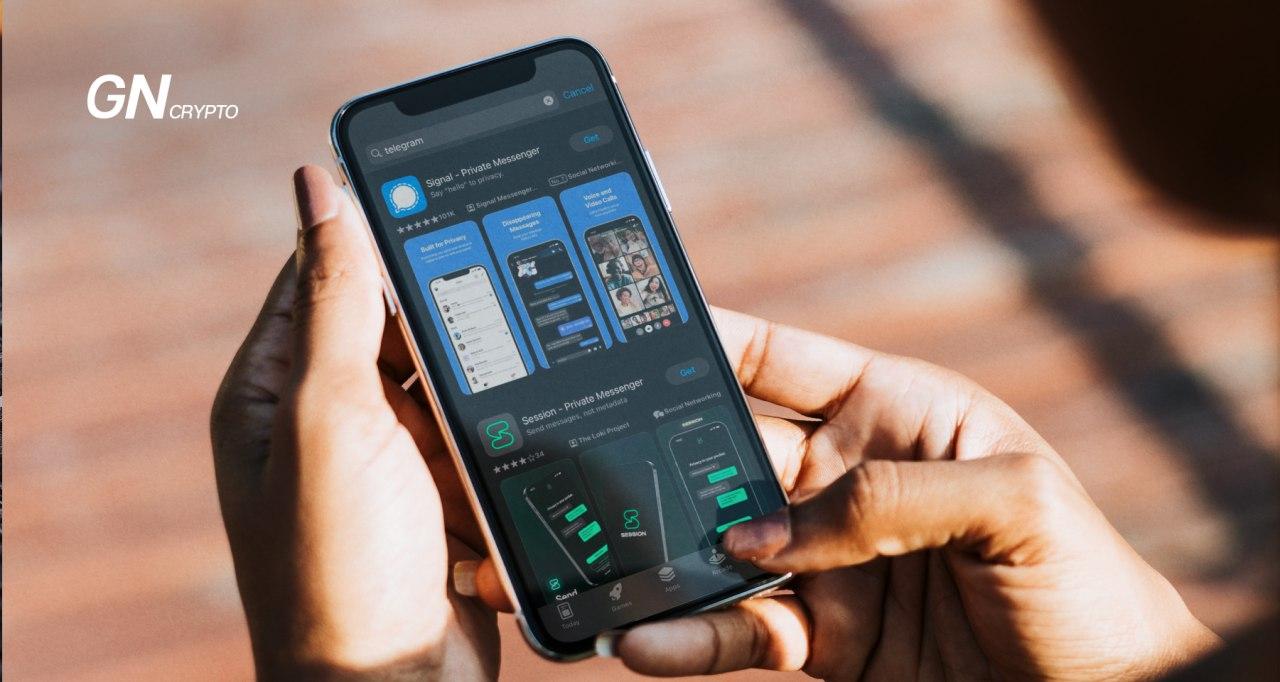Beyond Telegram: Exploring Secure Messaging Alternatives

After Pavel Durov's arrest, there's a looming threat that his messaging app might be blocked in certain countries. Although Telegram is undoubtedly at the forefront of secure communication platforms, there are several worthwhile alternatives available.
Signal: Privacy First
Signal is a popular and secure free messenger developed by Moxie Marlinspike (a pseudonym for Matthew Rosenfeld, an American entrepreneur, cryptographer, and cybersecurity researcher).
His pseudonym, Marlinspike, is thoughtfully chosen. In nautical terms, a marlinspike is a tool used for splicing ropes on ships, symbolizing his commitment to secure and reliable connections, forming a robust base for communication.

However, Signal lacks the extensive selection of stickers and GIFs that Telegram offers, does not allow for customizable chat backgrounds, and lacks the ability to create separate folders for different channels. But for those prioritizing confidentiality over design features, Signal may be the right choice.

Moxie Marlinspike. Source: popsci.com
Signal isn’t just another messaging app in the crowded market—it was created with a singular focus: ensuring maximum privacy for its users. Marlinspike and his team envisioned a platform where individuals could communicate freely, without the fear that their messages could be intercepted or read by third parties.
What sets Signal apart and contributes to its popularity is its robust end-to-end encryption, where cryptographic keys are held only on the sender's and recipient's devices. This design ensures that the company’s servers function solely as intermediaries, unable to decrypt any message content—even under law enforcement demands.
Advantages of Signal include:
- Open source code, allowing anyone to verify the security of the protocol.
- A straightforward user interface that is easy to navigate, even for beginners.
- Additional features like group chats and voice messages.
Notably, Edward Snowden himself uses Signal for his secure communications.
Dust: Striking Minimalism
Cyber Dust stands out with its minimalist design and a high commitment to privacy, created by cybersecurity expert and entrepreneur Mark Cuban. This app offers users a fleeting window—from 30 seconds to 24 hours—to view messages before they automatically disappear, ensuring no traces are left on either servers or devices, guaranteeing full anonymity.
Dust is not designed to be an all-purpose messenger. It's not suitable for work-related communications, group chats, or public discussions. Instead, it's crafted for a specific need: ensuring the most private and secure communication between two people.

Mark Cuban. Source: inc.com
Features of Dust:
- Privacy-centric: Similar to Signal, Dust uses end-to-end encryption to safeguard user data.
- Minimalist design, focusing on secure communications without unnecessary features.
- Device synchronization, allowing seamless message management across multiple devices.
- Alerts users if their chat partner attempts to screenshot a conversation.
Session: Anonymity and Decentralization
Session is a messenger built on the Oxen blockchain that prioritizes anonymity and security by concealing all metadata. It does not require any personal information for registration; instead, clients’ IP addresses are thoroughly masked, and users receive a randomly generated ID upon creating an account.
This app is often compared to a decentralized version of Signal, attracting cryptocurrency enthusiasts. Session operates over a network similar to Tor, enhanced with additional technologies that guarantee complete anonymity. Each message is encrypted multiple times at various nodes before it reaches the recipient.
The Australian non-profit organization OPTF, which specializes in developing privacy protection tools, launched Session. This organization is funded through crowdfunding and voluntary donations, maintaining transparency in its financial reporting which is available on request.

Chris McCabe, CEO and founder of Session. Source: Medium
Особливості Session:
- Operates on a decentralized network, safeguarding against censorship and hacking.
- Utilizes end-to-end encryption for secure communications.
- The open-source nature of the code allows for independent security audits.
- Supports the creation of group chats.
- Compatible across various operating systems.
Choosing the right messenger depends on your individual needs and priorities. If simplicity and user-friendliness are key for you, Signal or Dust might be excellent choices. For those in search of a secure, decentralized option, Session is a formidable candidate.

